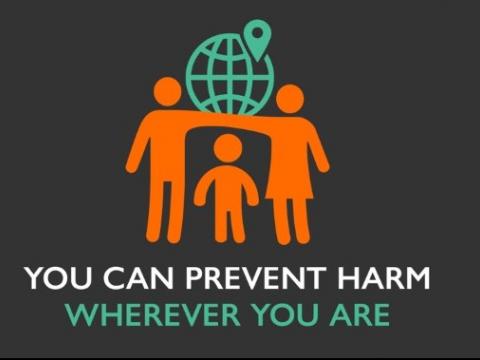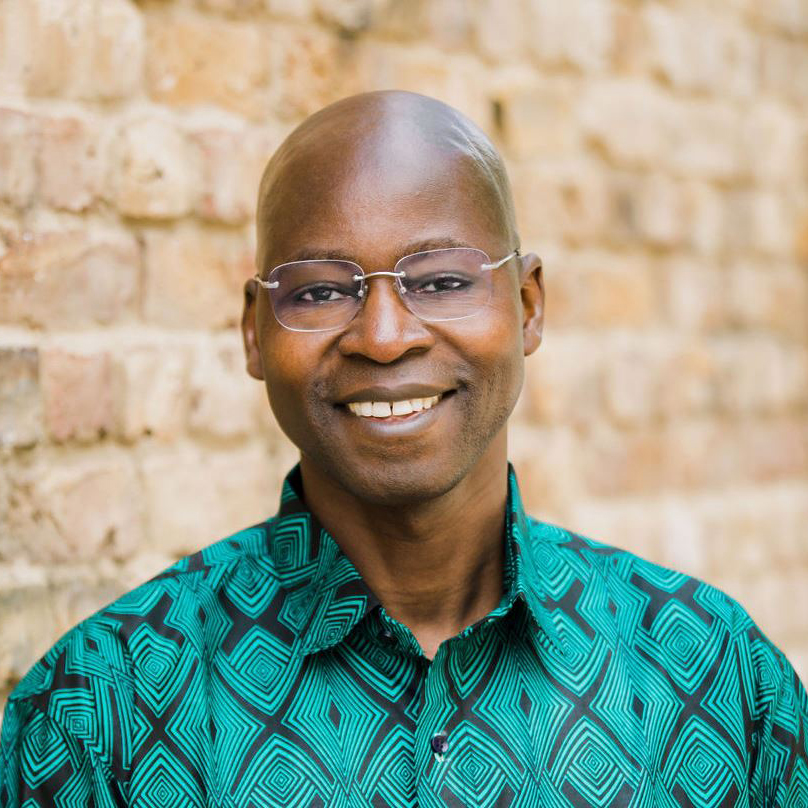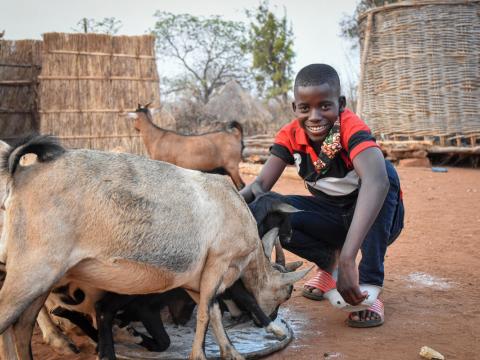
Safeguarding: How to be the change we need to see
By Dr Jean Baptiste Kamate
There is no escaping or justifying it; exploitation and abuse in all forms is heart-breaking. And angering.
It’s heart-breaking most especially because, so often, it is happening to the most vulnerable among us. The ones we are compelled to care for and protect.
And it’s angering because I have a wife, I have children, I have brothers and sisters, and the thought of any of my family or loved ones being abused is horrifying. It’s hard not to feel angry at the idea.
I believe most of us feel this way. So why does it continue to happen, and why isn’t it reported more?
The entire sector is learning about how to handle this. We have all the policies, trainings and awareness – I take the World Vision refresher courses regularly – so it would be hard for anyone who works here or encounters our organisation to say they do not know what we stand for. We are clear that it is against our Christian values as an organisation to abuse children or adults, especially those most vulnerable in the areas we work around the world.
Culture and context are not excuses; when people say “this is how it is in our/their culture”, then we are wilfully ignoring long-term issues that must be addressed. Through campaigns like It takes a world to end violence against children, World Vision and our partners around the world are trying to do exactly that; tackle underlying issues.
These clearly extend to the reporting of incidents. My experience is that it’s not uncommon that people don’t report abuse or exploitation when it happens to them or when they know of it. Some of the reasons are to do with the history of individuals and society, some of this is a lack of feeling secure and safe to report, especially for women and girls, some of this is to do with a lack of knowledge or understanding about where and how to safely report.
As odd as it may sound, we have to continue to create a safe space for people to reward and celebrate the reporting of this issue. World Vision takes corrective action in a way that always protects the reporters, and puts the well-being of survivors first. We need to make sure everyone knows that.
Unfortunately, many people still don’t see that if they report incidents, it increases the chances of us being able to stop violence, abuse and exploitation happening anywhere else in the world. This cuts to the powerlessness that many survivors, and those around them, feel after something has happened. They don’t think that their reporting will change things, they simply don’t know if what they’re reporting will bring any value to them or will change their situation. The paradox is, of course, that this is the most important time to be reporting an incident – when it can be investigated, and justice swiftly sought.
Change in this area is so important, and it is on each of us to make it happen.
The world changes one person at a time. You may think people who change the world are those in powerful leadership positions, celebrities, influencers, presidents and CEOs. But any of us, all of us, can do it. Change is me standing up for something I care about, changing my part of the world.
Nothing should stop us from doing what is right and what is good, to ensure children and adults are protected from violence, exploitation and abuse all over the world.
JBK is World Vision’s Partnership Leader for Global Field Operations. Follow JBK on Twitter @jb_kamate

